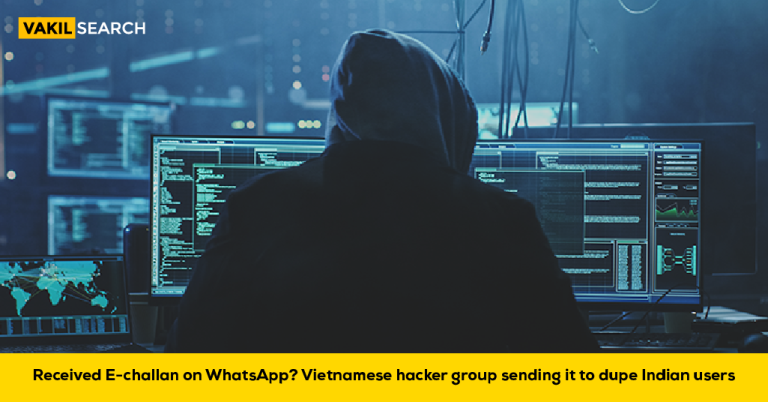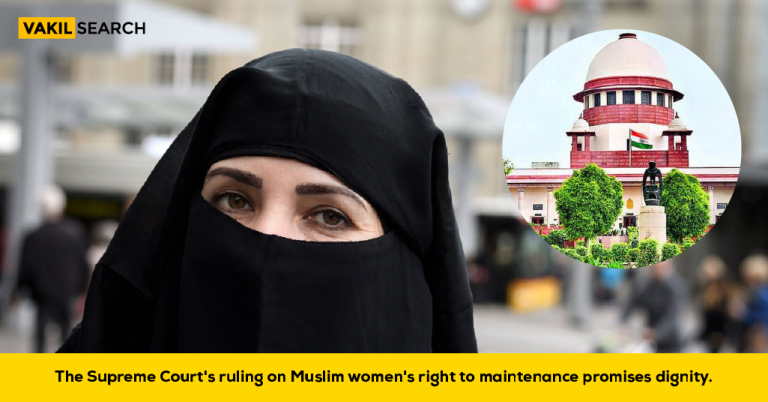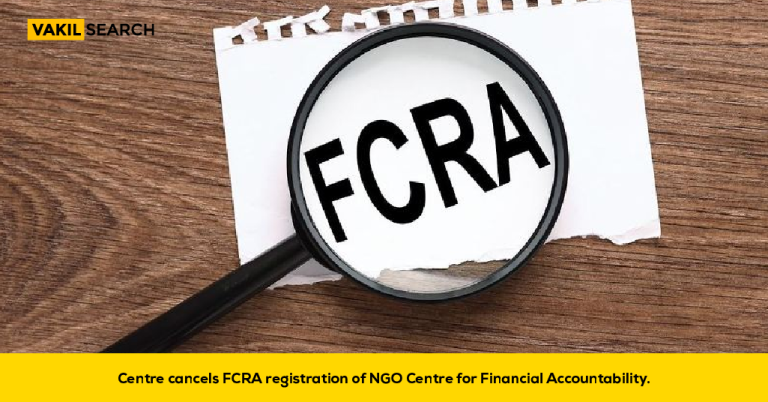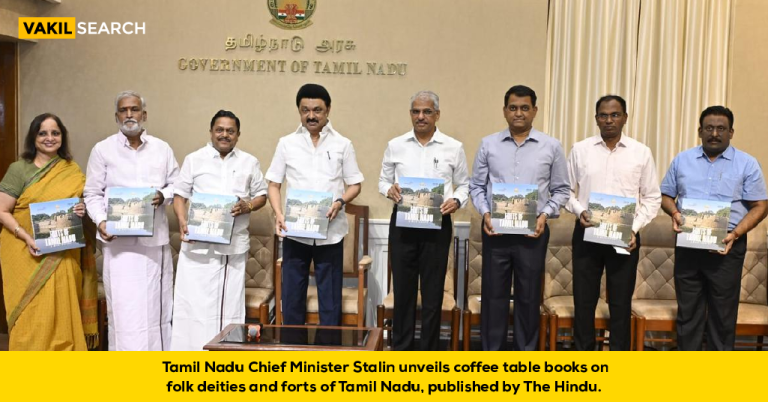Professor Dr. Unnat P. Pandit, the Controller General of Patents, Designs, and TradeMarks (CGPDTM), is under scrutiny for alleged misuse of office and bypassing the Union Commerce and Industry Minister in a controversial computer procurement deal. A recent committee investigation has found Dr. Pandit was responsible for significant ‘administrative lapses’ in the purchase of 1,200 ‘all-in-one’ computers, totaling ₹9.99 crore.
The scandal emerged when Dr. Pandit approved a single-bidder tender in July 2023 without the required consent from Union Commerce and Industry Minister Piyush Goyal. The tender, processed through Minitek Systems India Private Ltd, rejected seven of eight vendors on dubious grounds, leading to the procurement at an inflated price. The GeM portal’s review revealed violations of government procurement norms.
Despite the indictment, Dr. Pandit remains in his position, overseeing critical intellectual property laws. Efforts to contact him for comment have been unsuccessful. The investigation led by a three-member panel highlighted breaches of the General Financial Rules (GFR) and financial delegation regulations, concluding that the tendering process was flawed and tainted by possible collusion among bidders.
The panel’s report, submitted on 5 March 2024, criticised the lack of market research and the failure to justify the high estimated cost. It also recommended blacklisting companies involved in potential cartel activities. The Ministry is yet to decide on further actions against CGPDTM Dr. Pandit and the bid evaluation committee members.
Navigating legal challenges and ensuring compliance with procurement norms can be complex and daunting. As seen in the recent investigation into Professor Dr. Unnat P. Pandit, even high-ranking officials can encounter significant administrative lapses that have far-reaching consequences.
To safeguard your organisation from similar pitfalls, it’s crucial to have expert legal support. Vakilsearch offers comprehensive and reliable legal services tailored to meet your specific needs. Our team of seasoned professionals provides thorough guidance on regulatory compliance, procurement norms, and government regulations, ensuring your processes are transparent, compliant, and legally sound. Choose Vakilsearch to protect your interests and maintain the highest standards of administrative integrity. Visit Vakilsearch for more information and to consult with our legal experts today.











